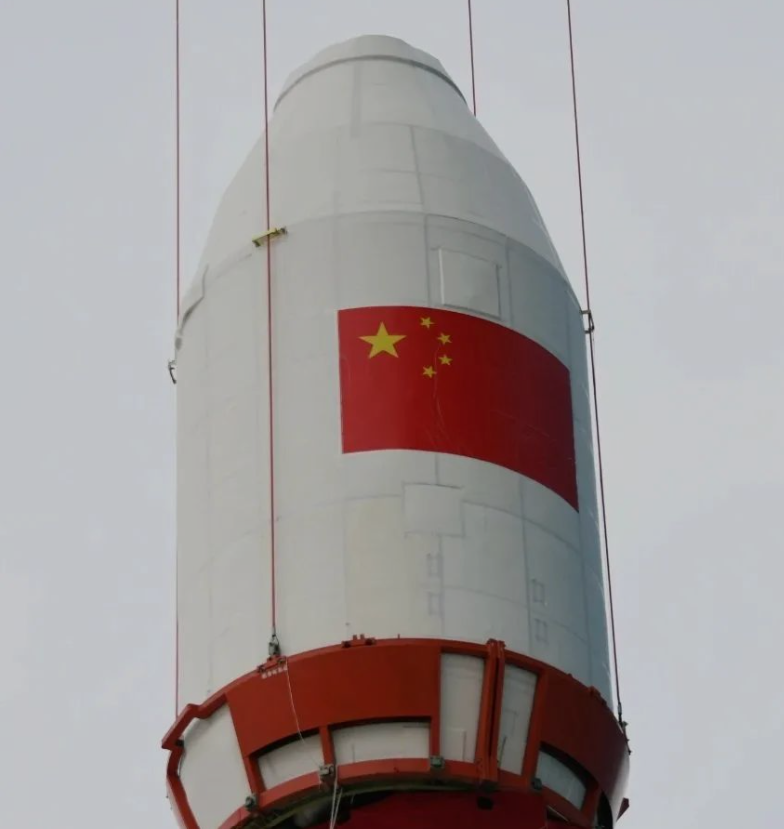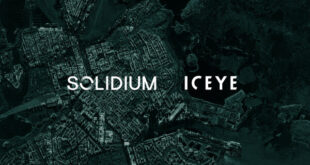
Ibadan, 2 January 2024. – The China Aerospace Science and Technology Group (CASC) has successfully launched the Long March 2C/Yuanzheng 1S carrier rocket. The rocket took off from the Jiuquan Satellite Launch Center, successfully sending the satellite Internet technology test satellite into the predetermined orbit. This successful launch represented the 48th out of 48 successful launch missions by the CASC. In 2023, the Aerospace Science and Technology Group carried out 48 space launches, including 47 Long March series launch vehicles and 1 Jielong-3 launch vehicle. As a result, it sent more than 130 (including piggyback) spacecraft into predetermined orbits, and all launch missions were successful.
The First Academy of China Aerospace Science and Technology Corporation developed the Long March 2C/Yuanzheng 1S launch vehicle. It adds a Yuanzheng 1S upper stage to the two-stage Changzheng 2C rocket and can perform low-Earth, sun-synchronous orbits as well as orbital launch missions such as geosynchronous transfer orbit and earth-moon transfer orbit. The rocket also has the capability of one-rocket one-satellite, one-rocket multiple-satellite launch and constellation deployment, and the 700-kilometre sun-synchronous orbit mission has a carrying capacity of 2.5 tons.
Likewise, the China Academy of Space Technology (CAST), a major spacecraft maker under CASC, China’s state-owned main space contractor, developed the internet technology test satellites. However, CASC’s Shanghai Academy of Spaceflight Technology (SAST) and the Innovation Academy for Microsatellites (IAMCAS), under the Chinese Academy of Sciences (CAS), have been responsible for the development of the previous Chinese satellite internet test satellites launched in 2023.
Other significant Chinese launches in 2023 included the launch of remote sensing assets to geostationary orbits, the Shenzhou-16 and 17 crewed missions to Tiangong, the launch of the country’s first commercial liquid launchers, and a third flight of its secretive, experimental spaceplane.
 SpaceWatch.Global An independent perspective on space
SpaceWatch.Global An independent perspective on space




